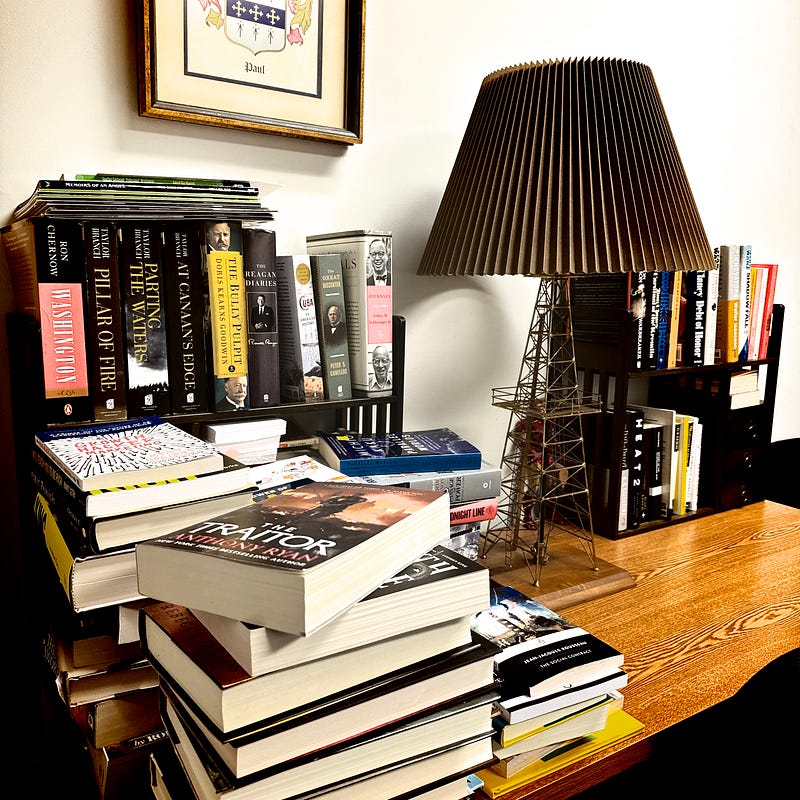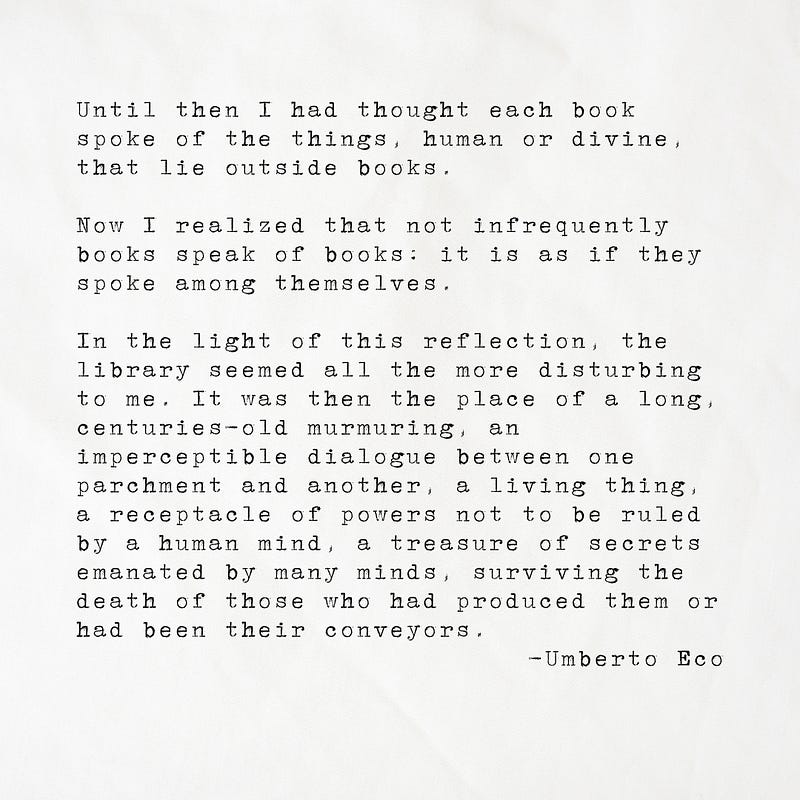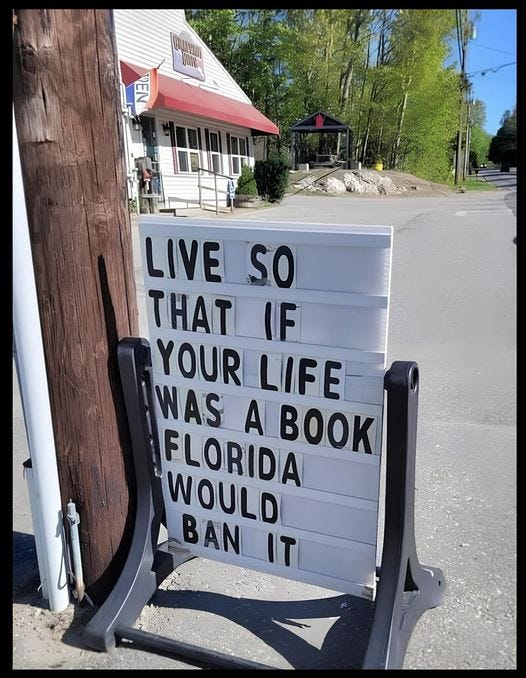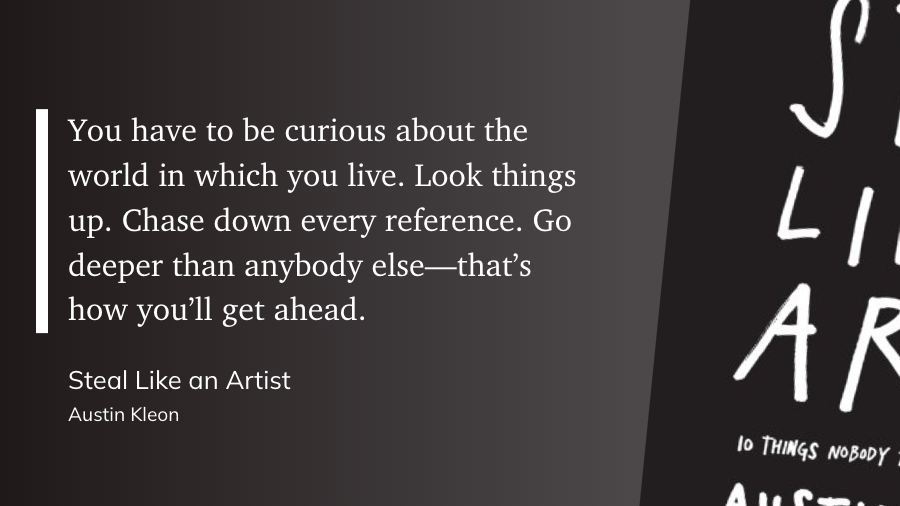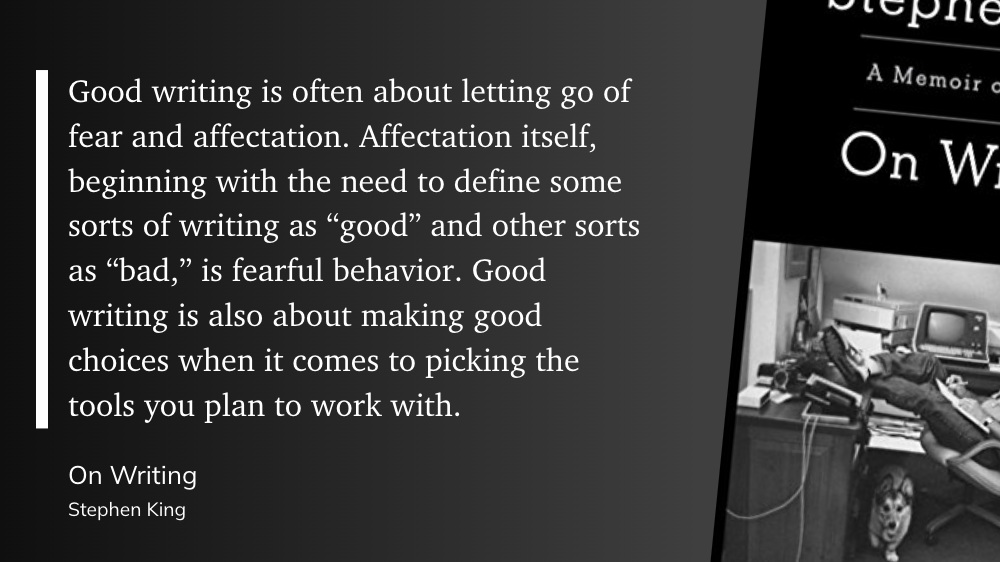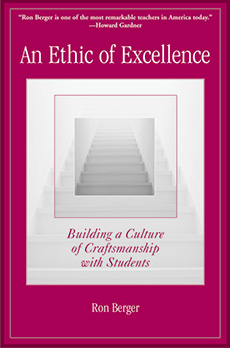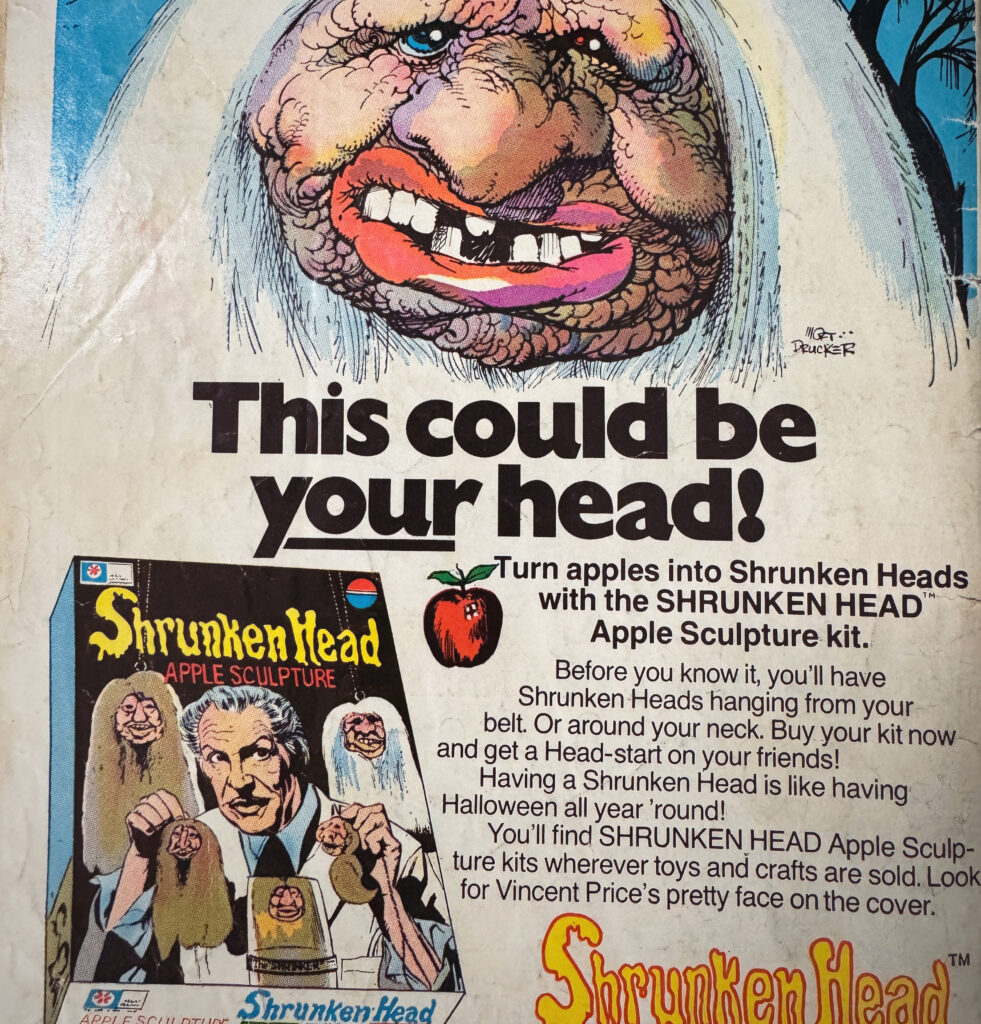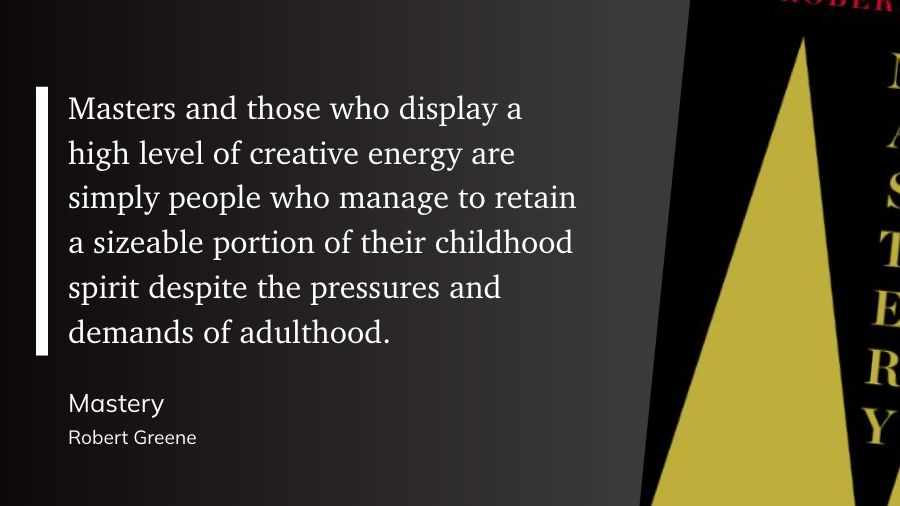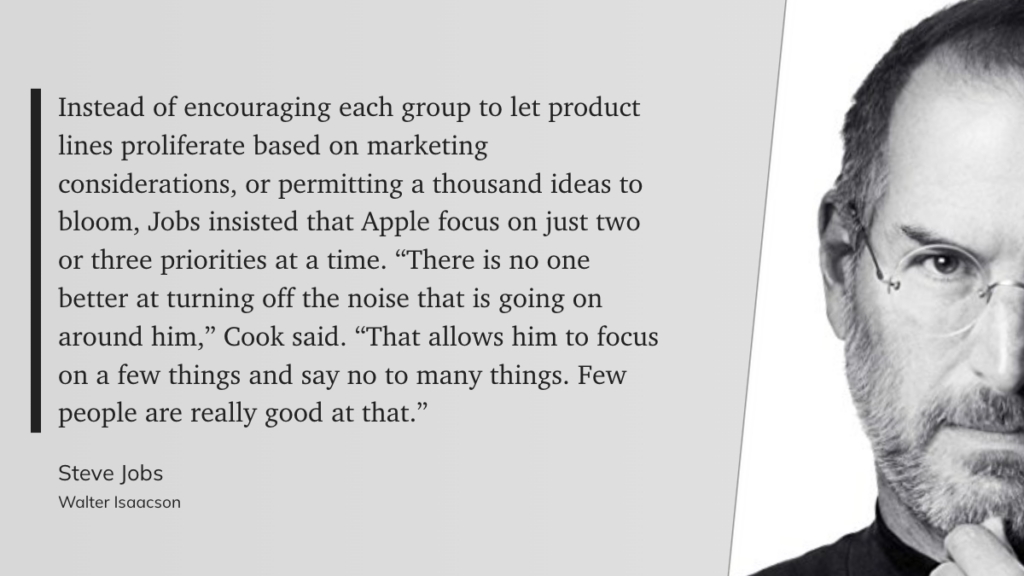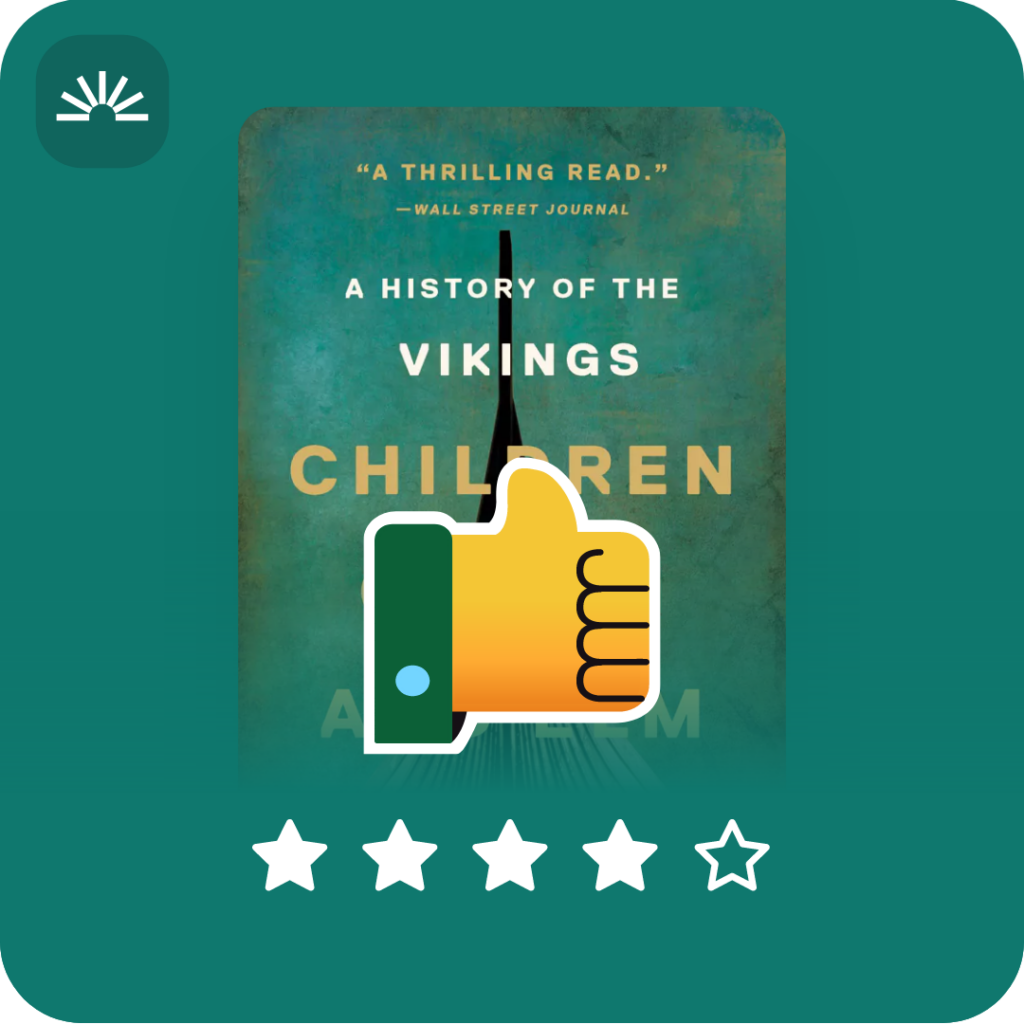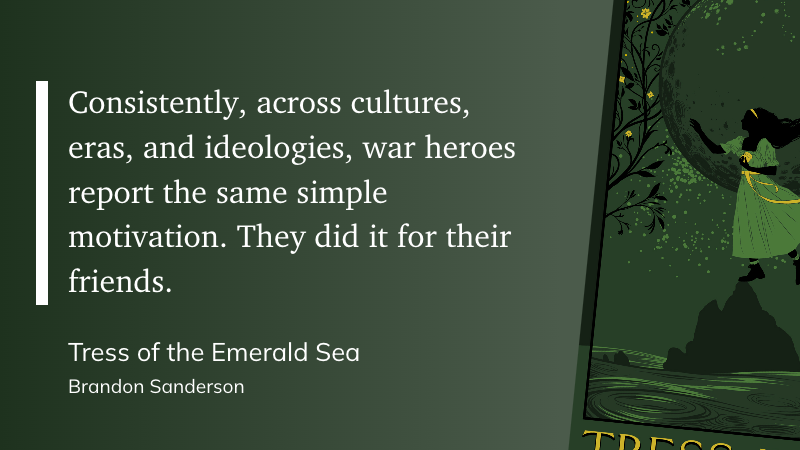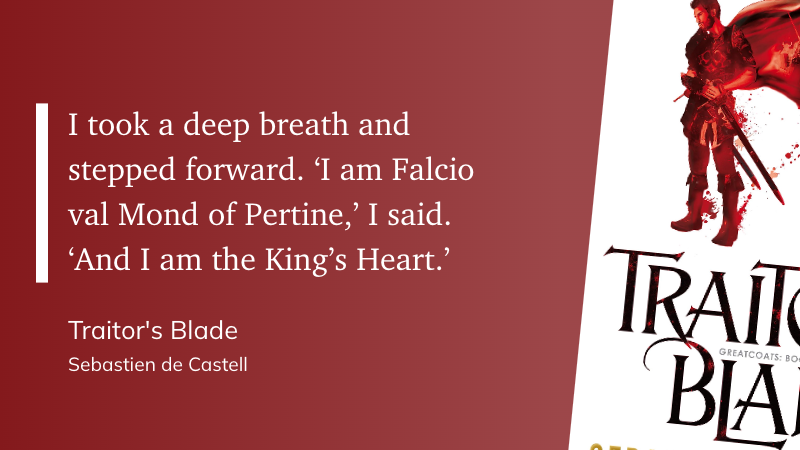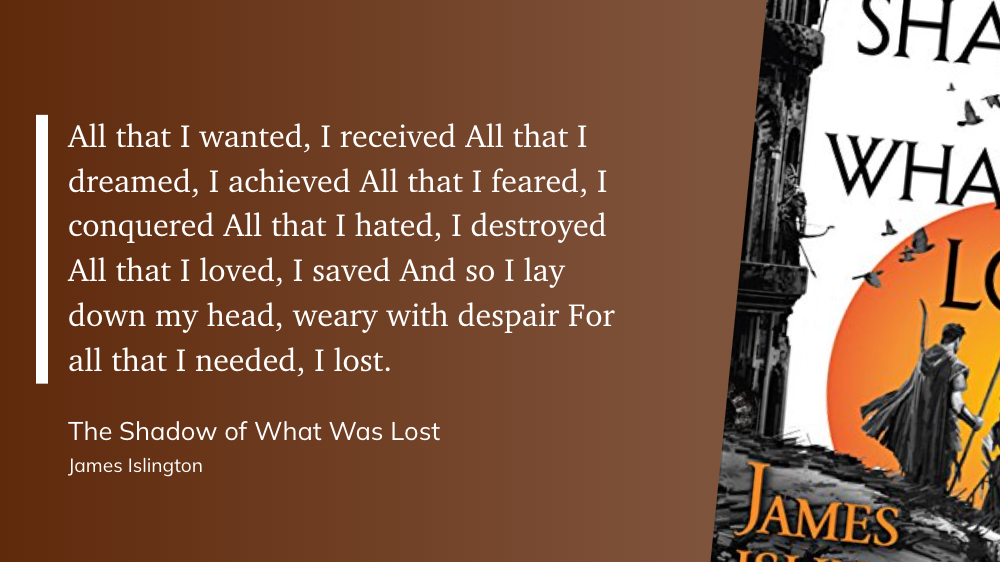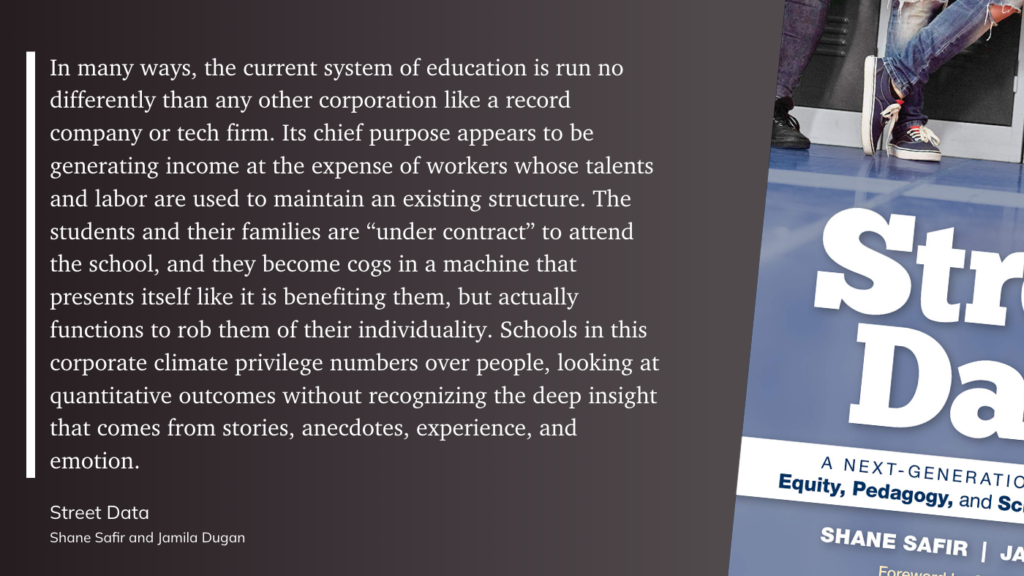Since we all had much more time on our hands during the pandemic, I decided that it was high time I became more intentional with my reading. Not that I didn’t read at all; I’ve always been a reader. I’ve always had books around, whether comics, graphic novels, classics, or paperbacks.
I’m pretty sure a few old Tom Clancy paperbacks are still hanging out in my parents’ basement.
Regardless, I decided in 2020 that I’d read more and keep track of that reading. Thank goodness for tools like Goodreads that allow me to keep up with books I want to read.
I also create book notes in Notion to keep track of my thoughts on each book. Readwise helps me keep track of highlights from books (and just about everything else I read) and syncs with my Notion to create a true collection of what I get from each book.
Yes, I’m aware I go overboard on many things. My wife says I’d make a very good addict, so I figure it’s best for me to find other things to be addicted to, which means I read books.
Side note: I’m also getting into collecting vinyl, another expensive and space-filling addiction…
I published a best books of 2022 list last year and decided to give it another go this year.
Please remember: these opinions are mine, and if I love a book that you hate, that’s ok. That’s pretty much how things are supposed to work in the world. I read mostly sci-fi/fantasy, history, historical fiction, biographies, and mysteries. I also read quite a bit on education since that’s my job.
There are many other fine reading genres, and I venture into other realms occasionally. You read what you like, I’ll read what I like, and we’ll all share what we learn and grow together.
Now, in no particular order, here are the best books I read in 2023:
Tress of the Emerald Sea
For much of the fantasy reading world, 2023 was the Year of Sanderson. Brandon Sanderson, one of the top current fantasy authors, ran the most successful Kickstarter campaign of all time in 2022, producing leather-bound editions of four completely new novels. The year’s first release was a cozy fairy tale; Tress of the Emerald Sea.
I love this book. Loved it. While it does connect to Sanderson’s wider Cosmere universe, it works wonderfully as a stand-alone novel. As Sanderson has described the inspiration for the book, “What would happen if Buttercup had to save Westley in The Princess Bride?”
It’s one of my all-time favorite books.
The Greatcoats Series
I’m cheating a bit with this selection and the next since I’m choosing a whole series rather than just one book. But, I couldn’t help myself.
If you’re a fan of swashbuckling tales and grew up watching continual retellings of Robin Hood, Horatio Hornblower, and the like, you will love The Greatcoats.
Falcio Val Mond became one of my favorite characters ever this year, and I can only hope that he and the rest of the Greatcoats return again soon.
The Licanius Trilogy
Another series I finally got around to reading this year is The Licanius Trilogy by James Islington.
These books are incredible. But, I will say this: you have to stay on your toes when reading them. There are many, MANY moments of what happened and how we got here in each of these three books.
But, the payoff is worth it. So, so good.
In Search of Deeper Learning
Back to the world of education, I read this book as part of my ongoing dissertation readings. My biggest takeaway is this: there are pockets of innovation and work toward deeper learning across the US. But we still have a long way to go.
This text gives insight into how some schools are “doing” deeper learning and may give you some ideas as you begin your journey into deeper learning with your students.
Unpleasant Truth about Education #47: Kids learn more deeply in school when participating in extracurriculars than they do when being taught in classrooms.
In Search of Deeper Learning
Street Data
This one. Oh my. I really need every assessment coordinator, teacher, administrator… pretty much everyone in education to read this book and think about how we assess students.
“Street data” is ever so much more important than most other assessment data that we spend days, weeks, and months poring over while our students care less and less about the meaningless work we ask them to complete.
Get this book, read it, and then share it with a colleague.
The City of the Singing Flame
I shared my thoughts on this one not long ago, and honestly, this story has quickly become an all-time favorite. Yes, it’s dated, and it may not be your thing. But, for speculative fiction fans, I believe you can see so many other stories that were likely inspired by this one.
Final Thoughts
Somehow, amidst accepting a new position halfway through the year and completing more doctoral coursework, I read 120 books in 2023. For the first time since I began tracking, I crossed the 50k pages read in a year mark.
I don’t share those numbers to boast–I can barely believe them myself–I share them to hopefully encourage you that you have more time to read than you think.
My tips to read more:
- Always have a book with you. Yes, ebooks and audiobooks count, and if someone tells you they don’t, punch them in their dirty mouth.
- Take stock of how much time you spend on your phone. Whether on social media or playing games, trade some of that time for reading. Try out this social media alternatives calculator and see how much time you have to read.
- Don’t read books you don’t like. No law says you must finish a book if you don’t like it. I use the rule ‘100 pages minus your age’–if you’re not fully into a book by that many pages, you can stop reading. And yes, I count that as ‘reading’ that book.
- Re-reading a book you love still counts as reading.
That wraps up this year’s ‘best books’ list. Maybe you’ll start tracking your own reading and share your thoughts with the world. If you like this list and want to see more, I have a free weekly newsletter that includes monthly reading recommendations.
You can sign up for those updates through the form below. I hope 2024 brings you lots of new reading, knowledge, and fun.
The Eclectic Educator is a free resource for everyone passionate about education and creativity. If you enjoy the content and want to support the newsletter, consider becoming a paid subscriber. Your support helps keep the insights and inspiration coming!

